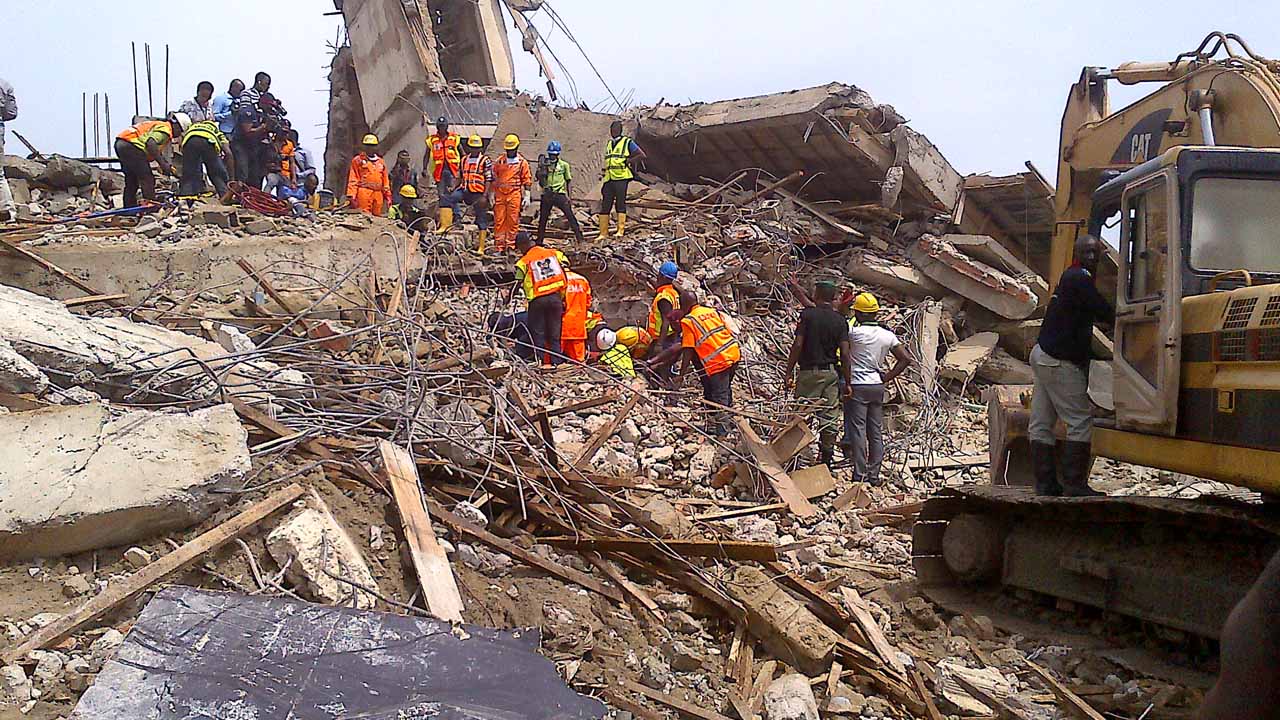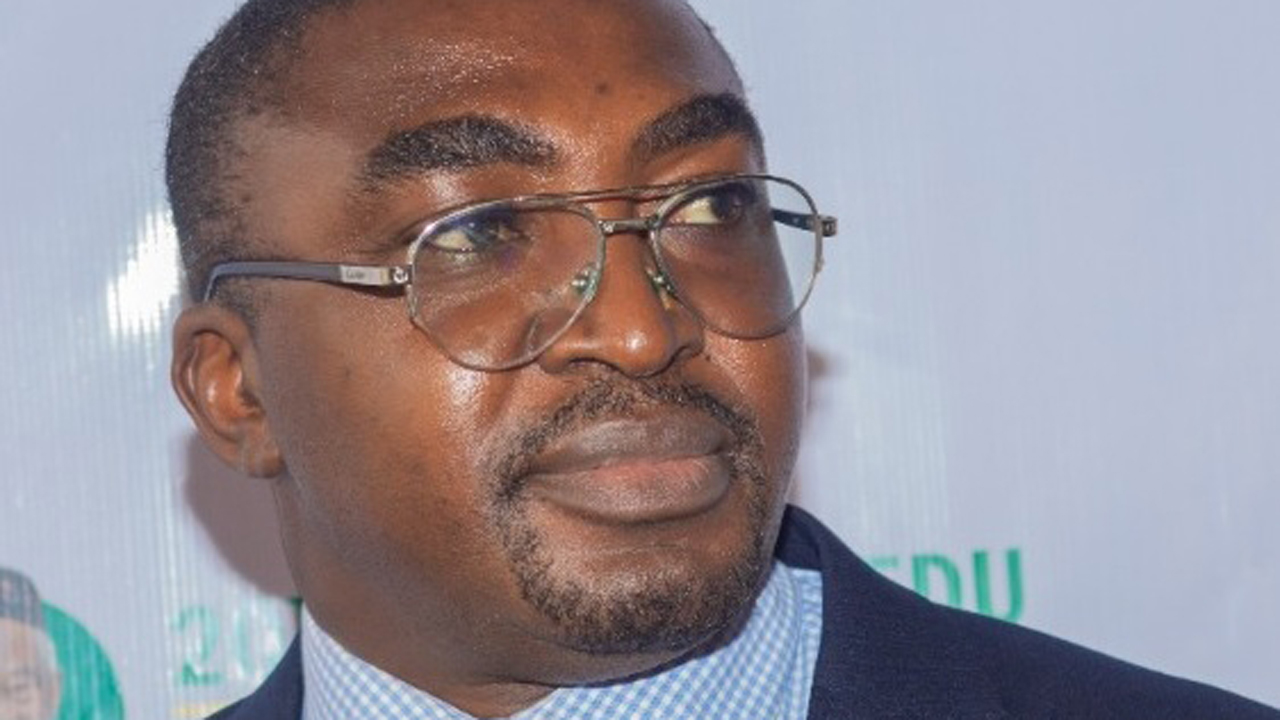
The American Society of Civil Engineers (ASCE), Nigeria section has implored stakeholders in the built environment to enforce standard in foundation elements of structures to avoid persistent failures in the construction industry.
The society said, there is need for political will on the part of government and commitment by engineers to the rules governing project developments.
ASCE made the suggestion at the Society’s Third Quarterly Meeting, where issues of pile foundation design, and construction in varying soil conditions were discussed.
Leading the appeals, the guest speaker, Mr. Aileme Unuigbe, noted that soil types play an important role in buildings, stating that construction failures often occur because of stakeholders’ tendency to concentrate on the visible aspect and ignoring the most vital aspects in projects, which has to do with quality foundation.
He warned against involvement of quacks in projects, stating that government needs to engage professionals in every stage of construction, especially contract procurement, design and construction to avert errors of wrong foundation.
Unuigbe, who is an infrastructure development expert, listed different types of construction practices, which are not often adhered to. He also expressed concerns on the misnomer in the process, which he said needs to be corrected for sanity to prevail in the sector.
“People pay more attention to what is easier for them to learn, which is what we call the superstructure, that is, what goes above the ground. You can have two types of soil in different layers and engineers need to increase knowledge in that aspect. We have to up our game as engineers in Nigeria.’’
A fellow of ASCE, Dr. Emmanuel Adeyemo, appealed to all levels of government and private individuals to engage professionals to avert construction failures.
Adeyemo who was one of the recipients of ASCE’s merit awards for landmark achievements in the field, said, “the quacks are the cause of building and infrastructure collapse in Nigeria and we have to get to the root of it by following due process. Government must take the lead to address corruption in the built environment.”
He advised young engineers to revolutionise the nation’s engineering landscape through their hard work.
The International Director and ASCE Region 10 Board of Governors, Dr. Elias Sayah, represented by the Region 10 Governor, Saliu Lawal, called for political will among the nation’s leadership to end construction failures.
“Government should ensure we have a democratic way of doing things. Certified Nigerian engineers had never engaged in any construction that failed, hence, the need to always engage qualified professionals.”
The President, Nigeria section of ASCE, Ajose Otinwa explained that every engineering infrastructure needs to be properly grounded to make it stable, hence, the need to examine how best foundation could be provided for infrastructure especially, pile foundations for bridges, high-rise buildings, airport, silos and tank farms.
“When we take care of foundations where the structure are seated, then we will totally eliminate project failures and collapses. One of the reasons why buildings collapse is foundation failure. When the foundation is strong in terms of design, and construction, then, there would be safety and durability for the structures seating on the foundation,” he said.
According to him, more energy must be devoted to provision of relevant manpower for supervision of engineering infrastructure, enforcing building materials specification, and design to check cases of building failures.
Otinwa who disclosed that the society is collaborating with other engineering bodies to curb infrastructure collapse, harped on the need for research and development to improve the practice.






